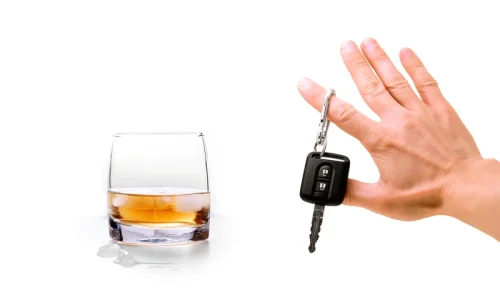Strategies to Overcome Shame and Guilt in Addiction Recovery

Building relationships with individuals who uplift and encourage can significantly impact recovery outcomes. Whether through family, friends, or support groups, being part of a positive environment fosters feelings of self-worth and diminishes shame. Shame also plays a role in the comorbidity https://ecosoberhouse.com/ of mental illness and substance abuse. These two diagnoses often go hand in hand, and both are surrounded by a cloud of negative stigma that often prevents individuals from seeking out the help they need. The pairing of shame and alcoholism means that even if you admit that you have a problem that needs to be addressed, you’re too ashamed of what other people might think to seek out the help you need. Addiction and the shame and guilt that may come with it can be demanding.

The long-term effects of untreated opiate addiction
By embracing self-forgiveness, individuals can begin the journey toward emotional healing and peace of mind. Pervasive feelings of shame can keep you from achieving full recovery, but only if you let them. You can’t travel back in time and undo the past, but you can make a fresh start, and live a positive and meaningful life. Talk amphetamine addiction treatment about your recovery with your family, friends, or therapist — anyone who will listen without judgment.

CBT techniques for managing addiction cravings
Your support network should include people who understand your path and respect your recovery goals. Journaling offers a safe space to process your thoughts and emotions. This becomes especially important during early recovery when shame and guilt feel most intense. Shame and guilt are parts of addiction and recovery that are quite common but can be repaired with time and work. If one dwells in these feelings though, the creation of self-doubt can lead to furthering relapse or causing it to reoccur. It is important to try to become more self-aware guilt and shame in recovery of your feelings and work on them.
Practical Strategies for Managing Guilt and Shame
Addiction often arises from an attempt to cope with shame, guilt or emotional pain. By developing greater awareness around these emotions through mindfulness practice, individuals are able to break free from these habitual patterns in a safe and controlled environment. Through mindfulness meditation, individuals can develop greater self-awareness and compassion towards themselves. In DBT, clients learn to identify and challenge negative self-talk that contributes to feelings of shame and guilt. They also learn how to tolerate distressing emotions without resorting to harmful behaviors.
Joining a 12-Step Program for Continued Support
Acknowledging these feelings allows individuals to manage guilt constructively while fostering resilience in recovery. Effective support systems, therapy, and mindfulness practices can help individuals navigate feelings of guilt and shame, ultimately contributing to a healthier, substance-free life. Engaging in open conversations with trusted friends or therapists can help individuals articulate their feelings of shame and guilt.

Practicing gratitude and setting healthy boundaries also play important roles in mitigating guilt and shame. While shame and guilt are normal, they can become overwhelming and hinder the recovery process. However, it is possible to break the cycle of shame and guilt through various strategies. Knowing that you have made a mistake is the first step towards a new life in recovery. You must accept the past for what it is–something you cannot change.
- Gosh, Clint says I thought Bob cared about me, but he doesn’t give a rip about me.
- Shame and guilt are parts of addiction and recovery that are quite common but can be repaired with time and work.
- Now, now, having made that distinction, what’s to be done about this?
